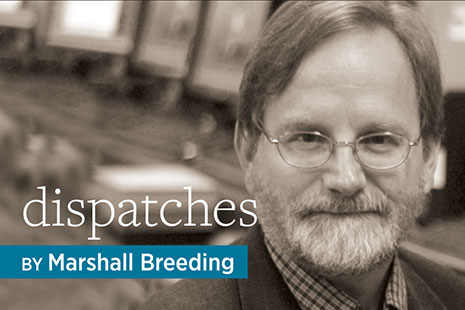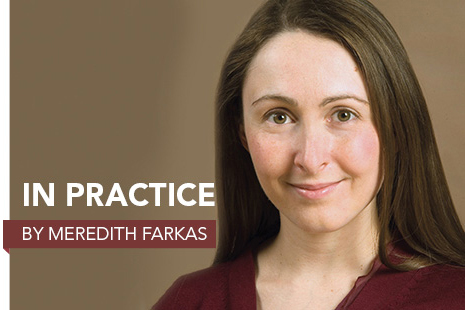
Exploring Our Foundations in Times of Change
January 24, 2017The day started with a plenary session with education innovators Jeffrey Martín of honorCode and Stephen Harmon of Georgia Tech Center for 21st Century Universities (C21U). Moderators Audrey Church, professor and coordinator of the school librarianship program of Longwood University and president of the American Association of School Librarians, and Ann Campion Riley, associate director … Continue reading Exploring Our Foundations in Times of Change











